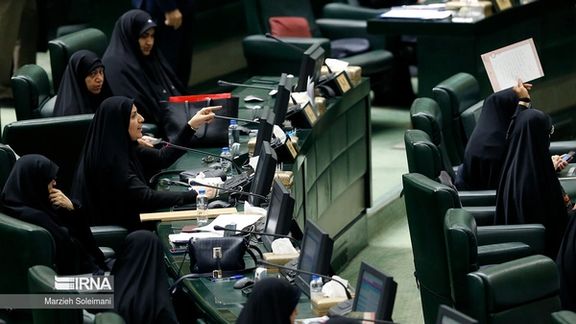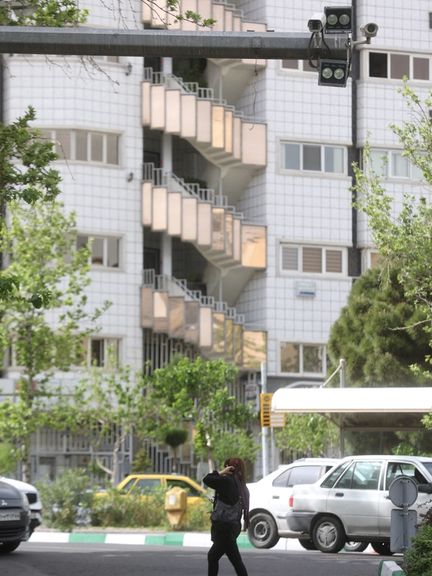Harsh Hijab Bill In Iran Sparks Concerns And Calls For Referendum

Legal experts say Iran’s new hijab bill violates not only civil rights but also the Constitution and requires vast resources beyond the government’s means.

Legal experts say Iran’s new hijab bill violates not only civil rights but also the Constitution and requires vast resources beyond the government’s means.
Speaking to Tejarat News, a website in Tehran, lawyer Sara Bagheri said the proposed legislation is against individuals’ rights including their right to security and will hurt individuals’ reputation and dignity on account of their chosen style of clothing.
Referring to article 51 of the proposed law which prescribes heavy cash fines for unveiling in public, Bagheri said what is considered as crime, and the corresponding punishment in this article and others, are very disproportionate. “Also, the bill does not make it clear what will happen if the person [found guilty] refuses to pay the fine,” she added.
Shima Ghousheh, a law expert, wrote in a commentary published by the reformist Etemad newspaper on Saturday, "The country’s whole budget should be used to build prisons for women because many Iranians will not be able to pay these [heavy] fines and should be sent to prison." She pointed out that the punishments for unveiling or "improper" hijab are much heavier than those prescribed by law for financial crimes, including embezzlement and drug-related offenses.
The hijab bill bans taking photos or videos of police while enforcing hijab but two of its articles, 36 and 37, allow law enforcement officers as well as civilians, provided that they have been trained and certified by the police, to take photos of the person violating the hijab law and post it to a special police portal. They will also be authorized to report businesses that have failed to comply with the provisions of the new hijab law.

These two articles open the door to libel based on personal grudges against individuals, even when they have been compliant with the rules, and courts will have to deal not only with hijab infringement cases but also a vast number of legal cases resulting from personal grudges, experts say.
Since March, hardliners have attempted to end women's increasing defiance of compulsory hijab and reclaim lost ground through various instructions to government bodies, but their efforts seem to have hugely backfired as the number of women who refuse to abide by the current rules has noticeably increased.
In a commentary published by Etemad, well-known Iranian lawyer Kambiz Nowrouzi strongly criticized a recent directive by Gilan Medical Sciences University, an affiliate of the health ministry, that bans hospitals under its coverage from offering services to unveiled women and called it "an astounding and horrendous example of violation of the [existing] laws and ethics."
Law expert Omid Salimi-Bani told the conservative Khabar Online news website Saturday that the bill, if approved, will add thirty new types of crimes to the list of crimes in the Islamic Republic’s existing laws.

Some of the other “crimes” enumerated in the bill include “promoting unveiling” which may be considered as corruption on earth that bears a death penalty , “insulting the principle of hijab” which will be punishable by a cash fine of 1 billion rials ($2,000) for the first infringement, as well as designing, advertising or importing banned clothing, and refusal of businesses to submit their CCTV recordings to authorities for identification of unveiled women.
“Are these behaviors so abominable from the point of view of societal norms and people that they require punishment? It doesn’t seem that the majority of people think the same as those who have written the bill,” he said.
“State and government culture-building has proven to be a failure and the Iranian example is one of the best,” reformist Ham-Mihan newspaper wrote Sunday and suggested holding a referendum to find out what most Iranians think about the issue of hijab.
The regime and its Supreme Leader Ali Khamenei have always refused suggestions of referendum which Article 59 of the Constitution of the Islamic Republic, which was approved by a referendum after the Islamic Revolution of 1979, proposes in “extremely important economic, political, social, and cultural matters.”